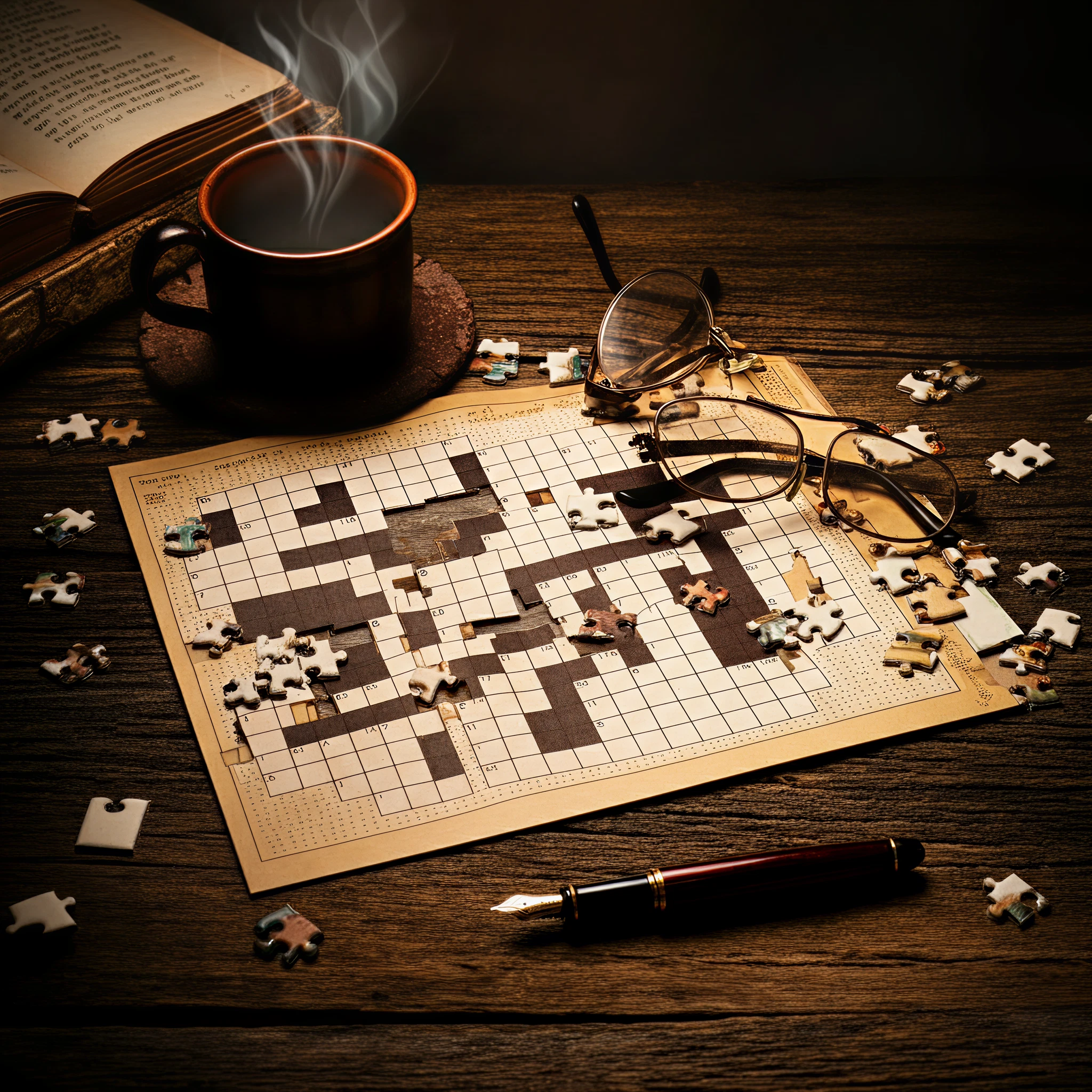Crossword puzzles have long been a beloved pastime for puzzle enthusiasts, combining mental challenge with satisfying “aha!” moments. Whether you’re a seasoned solver or just starting, improving your crossword skills can enhance the experience. This guide explores strategies for solving crosswords faster, the benefits of these puzzles for mental agility, and resources for taking your solving skills to the next level.
What Are Crossword Clues, and How Can You Decode Them?
Understanding different types of crossword clues is essential to improving your solving skills. Here are some of the common clue types you’ll encounter:
- Straightforward clues: These provide a direct definition or synonym of the answer. Example clue for 7A in the NYT Mini Crossword reviewed by CNET: “Baby grand, for one” with the answer “PIANO.”
- Wordplay clues: These are trickier and may involve puns, anagrams, or double meanings. For example, clues like “Pointy parts of a fork” (Answer: “TINES”) rely on straightforward word association.
- Abbreviations or acronyms: Look out for clues that hint at an abbreviated answer.
- Fill-in-the-blank clues: These leave a blank space for the solver to complete.
Why Crosswords Are Good for Mental Agility
Beyond the fun of solving, crosswords provide tangible benefits for the mind:
- Enhances vocabulary and general knowledge through exposure to new words and trivia.
- Improves memory and recall, especially as you learn to associate clues with their answers reflexively.
- Encourages problem-solving skills by training you to think logically and outside the box.
- Serves as stress relief, offering a meditative focus for puzzlers.
Adding crosswords to your routine isn’t just an enjoyable activity; it’s a meaningful way to keep your brain sharp.
Strategies for Solving Crosswords Faster
Looking to solve crosswords at lightning speed? Try these expert tips:
- Start with the easiest clues to gain momentum. Often, fill-in-the-blank or straightforward clues are the most accessible.
- Work across and down simultaneously. Use overlapping letters to solve tougher clues.
- Identify clue patterns. Recognizing recurring themes (e.g., “Shakespeare quotes”) can save valuable time.
- Revisit unsolved areas. Fresh eyes on a tricky section can reveal answers missed initially.
- Brush up on trivia. Knowledge of pop culture, geography, and literature will often lend an unexpected helping hand.
Advanced Techniques for Tackling Difficult Puzzles
For those looking to conquer more challenging crosswords, such as Sunday puzzles or cryptics:
- Learn common crosswordese, or words frequently used in grid construction. Words like “Erie,” “Olio,” and “Epee” are crossword staples.
- Practice parsing cryptic clues if you’re exploring puzzles like British-style crosswords.
- Use resources judiciously. Cross-referencing dictionaries or apps while solving can help acclimate you to complex patterns.
Resources for Crossword Enthusiasts
Getting better at crosswords is often about leveraging the right tools and engaging with the puzzle community. Here are a few recommendations:
- The New York Times Games Section offers daily crosswords, including the Mini, which are perfect for warm-ups.
- Dedicated Apps like Crosswords With Friends or puzzles included in print publications, such as The Guardian.
- Puzzle solver groups and communities on Reddit or Discord can help with tips, answers, and camaraderie.
Build Your Skills Today
Crossword puzzles are more than just a hobby; they’re a gateway to expanding your mind and sharpening your problem-solving skills. Whether you’re solving five-minute Mini Crosswords or tackling complex grids, the strategies and tools above can take your skills to new heights.
And the best part? You don’t need to master it all at once. Start small with puzzles like the NYT Mini reviewed by CNET and work your way up, savoring each triumph along the way. Happy solving!








